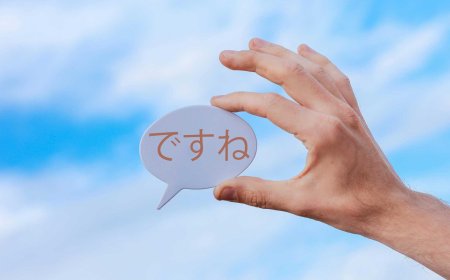All About "Katakana" (カタカナ)
The angular script that brings foreign words, onomatopoeia, and emphasis to life in the Japanese language.
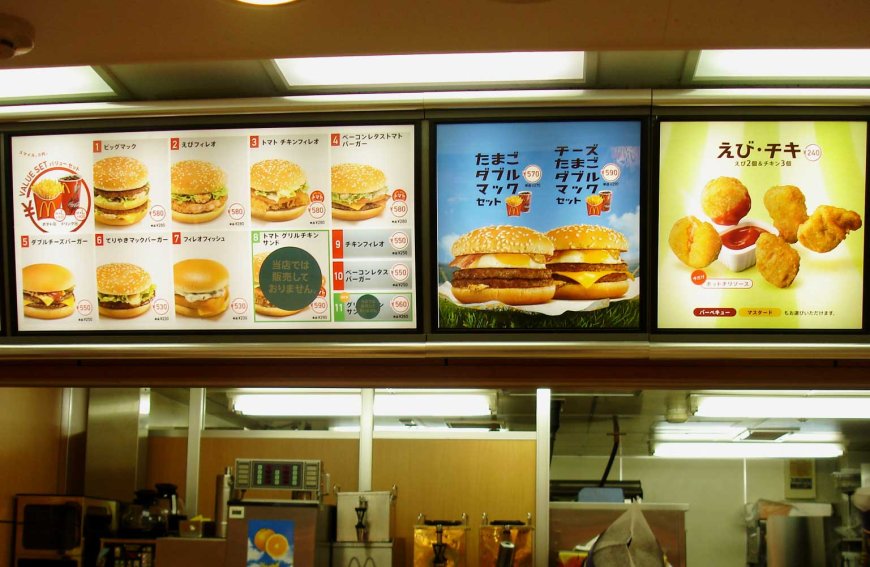
Katakana, from Loanwords to Onomatopoeia
For language enthusiasts and curious learners, Japanese offers an incredible experience in linguistics with its unique writing systems. One of the three scripts in Japanese writing noticeable by its angular and sharp characters is "katakana. It is used primarily for foreign words, onomatopoeia, and emphasis in written text. Mastering katakana opens a gateway to understanding modern Japanese culture and the country's global influences.

Katakana's origins can be traced back to the 9th century when the Japanese adopted Chinese characters known as Kanji. Katakana became more standardized and used widely in the Edo period (1603-1868) and its adoption grew with the increasing interaction between Japan and other countries during the Meiji Restoration (1868). Gradually, Katakana evolved into a writing system of its own, gaining popularity during the 20th century with the increasing influence of foreign languages on Japanese society.
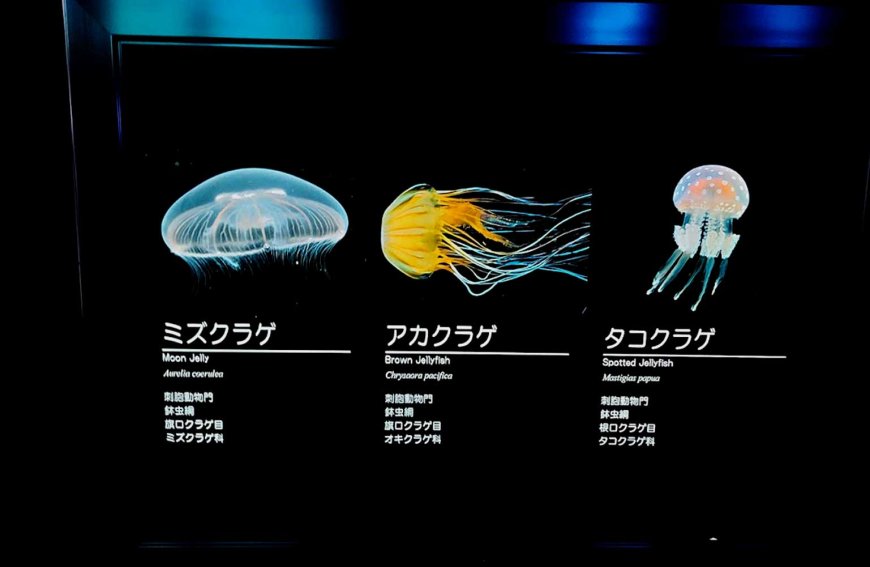
Katakana characters are angular, with straight strokes and sharp corners, in contrast to the curvy and rounded hiragana characters. There are 46 basic katakana characters, representing syllables such as "ka," "sa," "ta," "na," etc. Each katakana character corresponds to a single sound, making it a phonetic script.
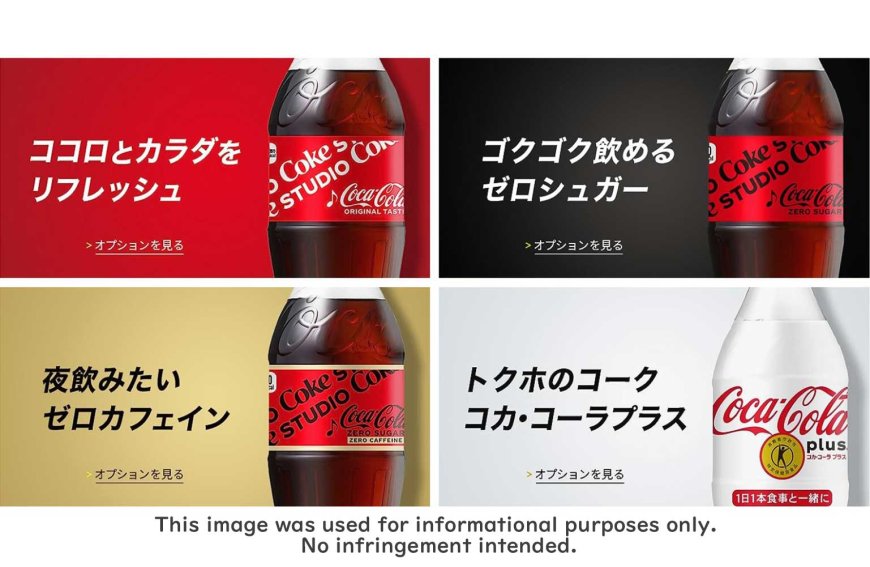
Usage of Katakana
Katakana serves multiple functions within the Japanese language:
- Transcribing Foreign Words: Katakana is widely used to write foreign loanwords, allowing for easy recognition and pronunciation. For example, words like "ハンバーガー" (hanbāgā - hamburger) and "レストラン" (resutoran - restaurant) are written in Katakana.
- Onomatopoeia: Katakana is often employed to depict sounds, emotions, and actions. For instance, "ゴロゴロ" (gorogoro) imitates the sound of a rolling thunder, and "ウキウキ" (ukiuki) conveys a feeling of excitement.
- Emphasis: In written text, Katakana can emphasize certain words or phrases for added impact or distinction, similar to using italics in English.
- Names and Brands: Foreign names, places, and brand names are frequently written in Katakana for consistency and clarity. Names like "ジョン" (Jon - John) and "トーヨータイヤ" (Tōyōtaia - Toyo Tires) are excellent examples.
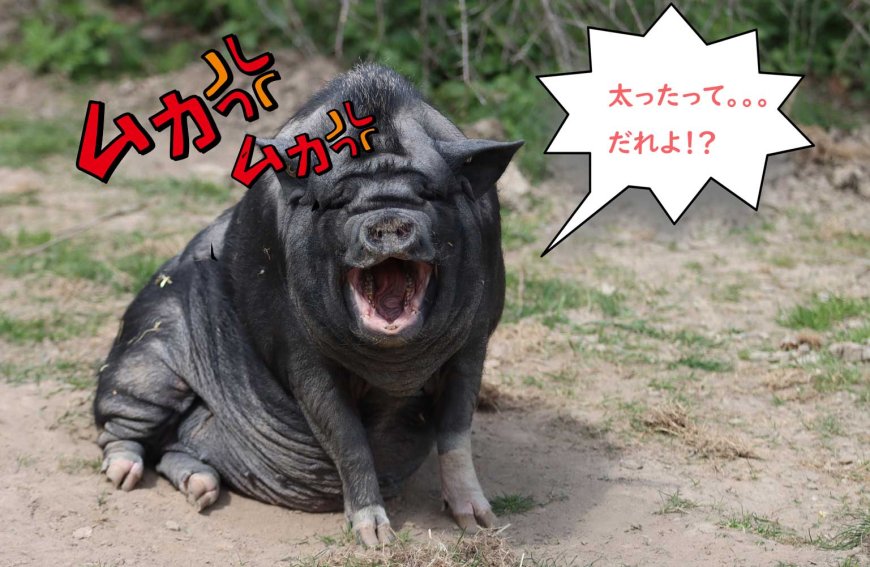
Learning Katakana - Tips and Examples
Learning Katakana can be an exciting and rewarding experience. Here are some tips to get you started:
- Practice Stroke Order: Pay attention to stroke order as it greatly influences the appearance of each character. Consistency in stroke order enhances legibility and readability.
- Flashcards and Repetition: Create flashcards with Katakana characters on one side and their Romanized pronunciations on the other. Regularly review these cards to reinforce your memory.
- Writing Practice: Dedicate time to writing Katakana characters by hand. The tactile experience aids in memorization.
- Reading Exercises: Read Japanese texts that incorporate Katakana. Manga, children's books, and signs are great sources.

List of Katakana Characters:
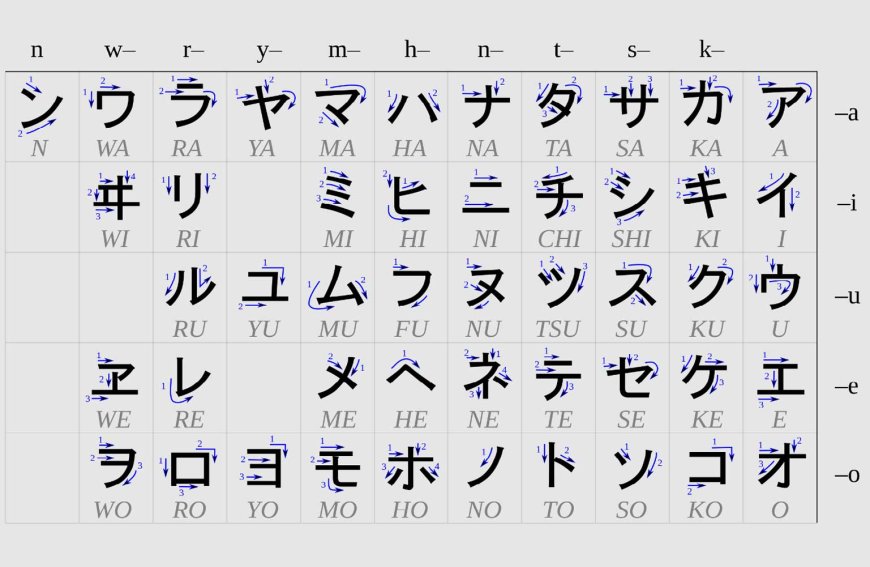
Katakana is an essential part of the Japanese writing system, contributing to the language's adaptability and versatility. Its role in representing foreign words, onomatopoeia, and providing emphasis makes it a valuable tool for modern communication. By understanding katakana, learners and enthusiasts will gain a deeper appreciation for the linguistic richness of the Japanese language and culture.
Find Cheap Flight Tickets to any Destinations in Japan and the Philippines
Nipino.com is committed to providing you with accurate and genuine content. Let us know your opinion by clicking HERE.




















































